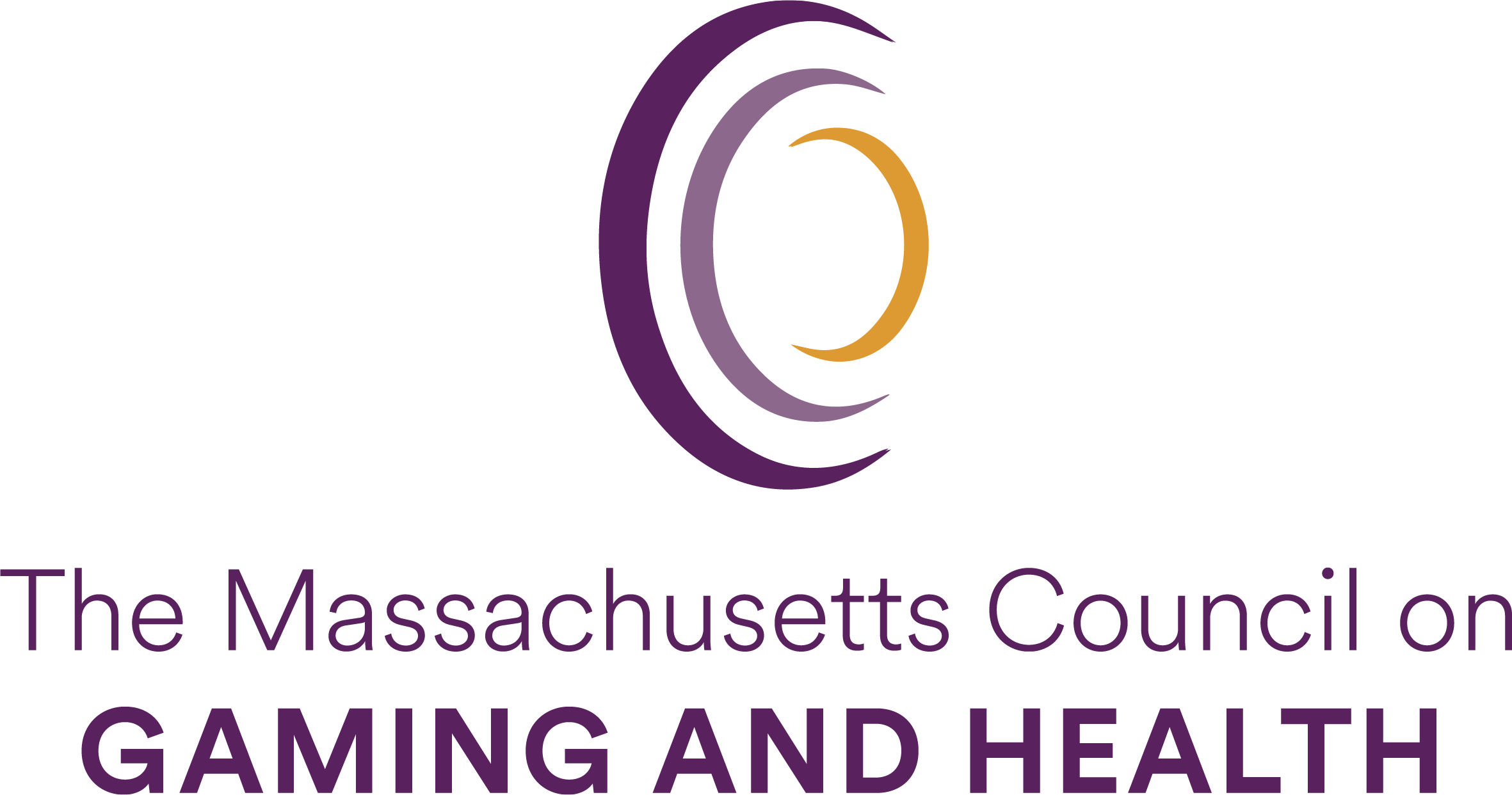by Meaghan Lyver, Communications Intern, Massachusetts Council on Compulsive Gambling
I think it is safe to say that most teenagers probably know their limits on many things, from how far they can push their parents’ buttons, to how much money they can spend on a night at the movies with friends.
If it’s a serious topic such as drugs and drinking, many parents have conversations with their children as to how they should handle themselves. However, one topic that doesn’t seem to get much attention is teenage gambling. Most parents probably don’t even realize how much their son or daughter is exposed to gambling. Currently, gambling is in the spotlight across the Commonwealth. Awareness about gambling problems and risk factors are also becoming better recognized and acknowledged.
As for children and teens, gambling is more prominent than most people think. A recent study showed that 68% of students ages 14-21 have gambled at least once in the past year (Youth Gambling Fact Sheet). There are many everyday ways that students are exposed to gambling. This includes advertisements for the lottery, card games, watching sports (especially large events such as March Madness, or the Super Bowl where betting is widely accepted), and even with different apps and games made for smartphones.
Online gambling is growing at a rapid rate and with today’s technology, teenagers have easy access to it. They can use their cell phones, computers, tablets, and other electronic devices to gamble. Parents might not even know their child is placing bets or making wagers. Studies show that teens who are attracted to gambling are more likely to use alcohol or binge drink, use illicit drugs, smoke cigarettes, display poor behavior, and commit suicide. Both parents and teens need to know that help is available for teens experiencing problems with gambling.
Though many high schools encourage teenagers to stay away from the Internet, and more importantly social media sites such as Facebook and Twitter due to cyber bullying, when used responsibly the Internet is a great resource. The Massachusetts Council on Gaming and Health (the Council) has a website solely dedicated to teens called, TeensKnowYourLimits.org. The user-friendly site offers games, quizzes, facts, helpline information, and resources, as well as a section for parents. The Council also has:
- a Teens Know Your Limits Facebook page dedicated to engaging teens,
- a Twitter page dedicated to engage anyone interested in keeping up with the Council,
- a Council site where people experiencing problems with gambling, their loved ones, and the professionals that serve them can find resources, and
- a 24/7 Helpline: 800.426.1234 and Online Chat Service.
It’s helpful for parents and peers to learn the signs of problem gambling. A parent will usually know if their child comes home drunk. However, they won’t necessarily always know when their child is gambling. Signs that parents and peers should look out for include, but aren’t limited to:
- lying about what they’re doing,
- selling personal belongings for money,
- drop in grades,
- sudden change in friends, and/or
- becoming overly upset about a sporting event.
If your child is showing any of these signs, consider talking to them or seeking help. If the problem isn’t quickly addressed, it may continue to become a growing problem. If you’re a teen, and worried about a friend or a parent, consider talking to an adult and sharing the Council’s resources with them. The more people who know that help is available, the easier it is for people struggling to get the help they need.
We encourage parents and teens to talk to each other about responsible gambling and the risks of gambling. The Council is dedicated to helping those in need, and we urge everyone to take advantage of all our resources.




